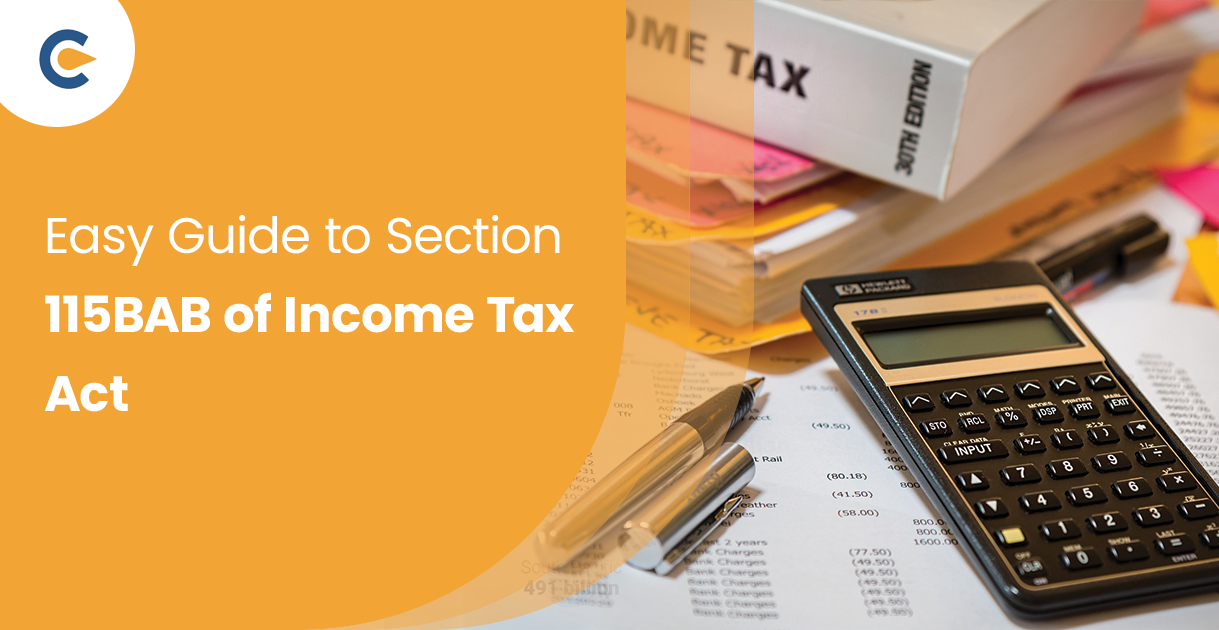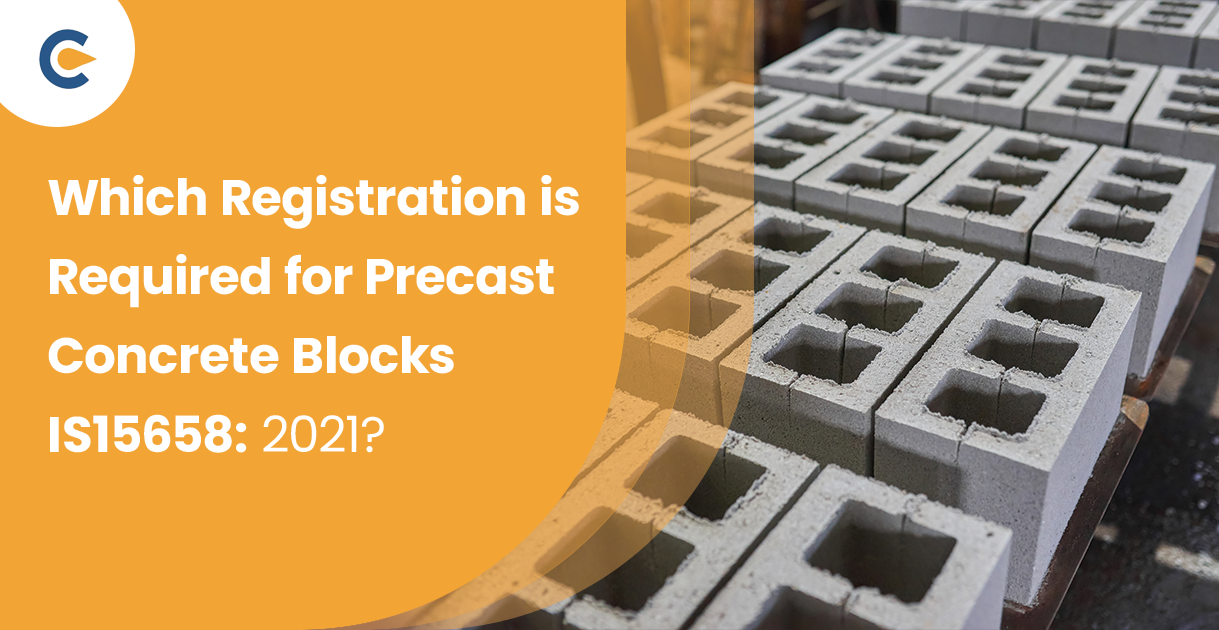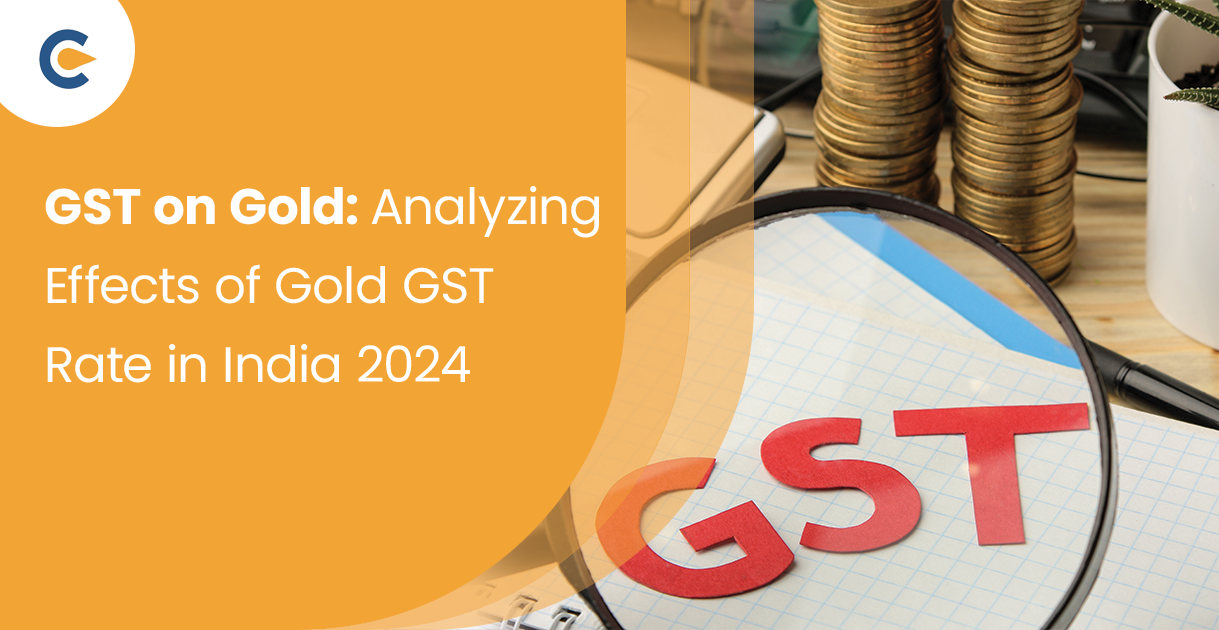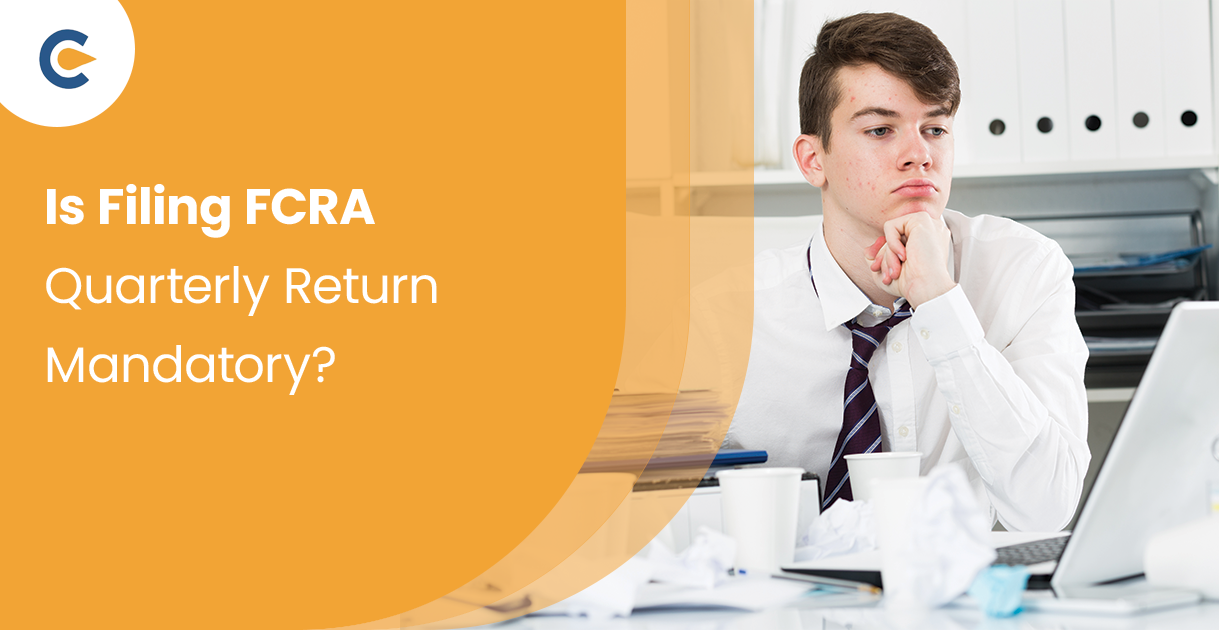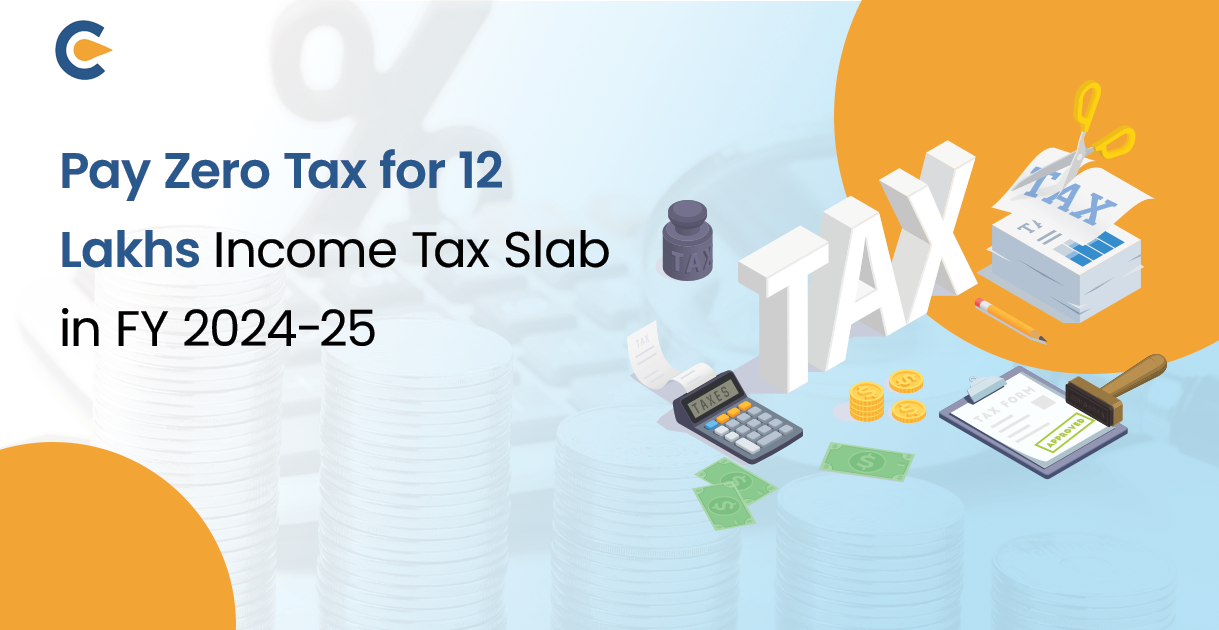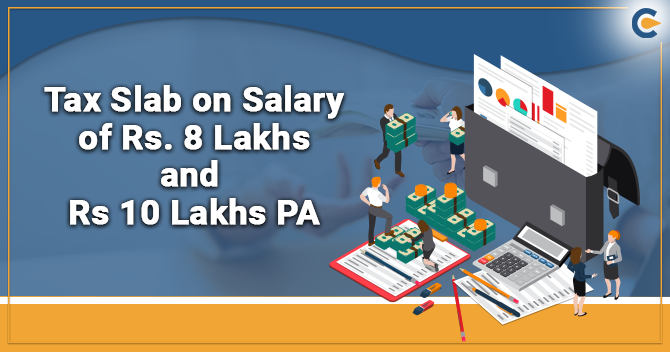The Indian government has implemented a new tax plan to support the expansion and development of manufacturing businesses. Section 115 BAB, added to the 2019 tax laws Ordinance on September 20, provides a lower tax rate for manufacturing firms. It aims to increase employment opportunities and encourage new industrial startups.
Nevertheless, only domestic businesses that meet the requirements outlined in this section are eligible to receive the benefit. A domestic firm is one that was established and registered in India. Let’s explore Section 115BAB in more detail.
What is Section 115BAB?
Section 115BAB was enacted by the Ministry of Finance (MoF) to facilitate and streamline domestic manufacturing enterprises to pay taxes at a 15% reduced rate.
With the passage of the Taxation Laws (Amendment) Ordinance, 2019, on September 20, 2019, Section 115BAB was added, providing new manufacturing enterprises with a reduced tax rate of 15% (plus surcharge and cess).
It is being done to support the new manufacturing startups. For manufacturing businesses that were incorporated on or after October 1, 2019, and that started producing on or before March 31, 2024 (before March 31, 2023), the corporate concessional tax rate of 15% is extended.
However, businesses that choose concessional tax will not be eligible for government grants or incentives. The MoF offers firms that match pace with the requirements of Section 115BAB of the Income Tax Act to file their taxes with or without concessional tax.
The programme was proposed to support the government’s “Make in India” initiative and promote industry investment. Furthermore, it will facilitate the expansion of investment, output, and liquidity. It will increase the stakeholders’ profit and demand for and consumption of optional income.
Which Companies are Covered by U/S 115BAB?
Any Indian business may claim under section 115BAB of the Income Tax Act 1961 if it satisfies the significant requirements sketched under the various sections. Section 115BAb is effective from the assessment year 2020–21.
What is Eligibility Criteria U/S 115BAB?
A corporation must fulfil the following conditions to be eligible for this part’s benefits:
- By October 1, 2019, at the latest, the firm must be formed and registered. At the latest, it must also begin production by March 31, 2024.
- Unless there is a section 33B business reorganisation, the company’s formation should not include the dissolution or reconstruction of an existing corporation.
- The company should not use any machinery or plants that have previously been used for any purpose, with the exception of imported equipment that has never been used in India before.
- According to section 80-ID, the business cannot use structures formerly employed as convention centres or hotels.
- The company’s income should be calculated without claiming any deduction under Chapter VI-A (apart from sections 80JJAA company or section 10AA about SEZ.
- The total income must be calculated without deducting section 33AB, investment allowance under section 32 AD, or additional depreciation under section 32(1)(iia). Tea, coffee, and rubber development accounts, or deductions under Section 33ABA Site Restoration Fund, Section 35 expenditures for Scientific Research, Section 35CCD deductions for Agriculture and Skill Development Projects, or Section 35AD Point No. 2 (c) deductions for Expenses Expensed on Specific Business
- Any loss and unabsorbed depreciation carried forward from any prior assessment year attributed to any deduction under Chapter VI-A (except section 80JJAA) or section 10AA shall not be set off by the company.
- The company must submit the income return for the applicable assessment year and the required form if it uses this section. Once used, this option cannot be revoked for later assessment years.
Tax Liability under Section 115BAB
The new effective tax rate for domestic businesses that receive benefits under 115BAB is 17.16%. This is how such a tax rate is broken down:
- Basic rate= 15%
- Surcharge= 10%
- Cess= 4%
The 2019–20 fiscal year will see the implementation of this tax rate. Nevertheless, for this tax rate to be applicable, the following conditions must be satisfied:
- The domestic firm is not authorised to claim deductions or allowances under any other provisions of the Income Tax Act, with the exception of the deduction allowed under section 80JJAA (which relates to recruiting additional staff).
- The domestic corporation shall not utilise any exemption or incentive under any other provisions of the Income Tax Act.
- The domestic corporation cannot engage in any activities listed in section 115BAB(4).
- Furthermore, the domestic firm cannot utilise any carried forward losses or unabsorbed depreciation from any previous assessment year.
- Section 115BA grants concessional tax rates to businesses engaged in certain defined businesses, but it should not apply to domestic industry.
Who can Avail of the Benefits?
If a domestic business meets the requirements listed below, it is eligible to benefit from Section 115BAB of the Income Tax Act:
- The company must have been founded and registered on October 1, 2019, or later, and must have begun production on March 31, 2024, or earlier.
- The business must be involved in manufacturing or producing any item or article and researching such an item or article. If the company distributes goods or commodities, it manufactures or produces, it will also be qualified.
- Keep in mind that the creation or manufacturing of any good or service should not involve the business of
- Development of Computer Software
- Printing of books
- Mining
- Production of cinematograph films
- Bottling of gas into cylinders
- The Central Government may notify any other business.
- Computing the domestic company without deducting any tax benefits or exemptions is necessary.
Applicability of Transfer Pricing
The Assessing Officer (AO) shall determine reasonable earnings and gains from the business if the assesses business with any other person provides more enormous profits for the company than expected profits.
To ascertain the quantity of earnings for the specific domestic transaction referenced in Section 92BA, the transfer pricing protocols outlined in Section 92F must be followed. The indicated domestic transaction has been modified as a result of section 92BA.
Business not Considered as Manufacturing of an Article or Thing
The business of manufacturing an article or thing does not include the business of:
- creation of computer software for all platforms and forms;
- mining
- transforming marble pieces or other like objects into slabs;
- bottling of gas into the cylinder;
- production of cinematograph film or printing of books
Can a Corporate Taxpayer opt for Section 115BAB?
A newly established manufacturing business may choose to be subject to section 115BAB taxes. Unless otherwise extended, the corporation must take the option before the deadline for submitting income tax returns, typically September 30 of the assessment year.
Once it has been made during a financial year, the company cannot remove its choice to use this part in later assessment years.
Conclusion
Section 115BAB of the Income Tax Act of 1961 provides a concessional tax rate for domestic enterprises that manufacture or create goods.
This section encourages the formation of new Indian manufacturing businesses. A domestic firm should carefully assess its eligibility before deciding to employ this tax rate, as there are stringent requirements and conditions to fulfil to be eligible for this concessional tax rate.
Frequently Asked Questions
What is Section 115BAB for manufacturing companies?
The Ministry of Finance established Section 115BAB to allow domestic manufacturing businesses to pay taxes at a 15% rate. It was introduced to support newly established manufacturing startups.
What is the 115BAB surcharge rate?
Domestic enterprises utilising the 115BAB advantage will be subject to a 10% surcharge, regardless of their overall income amount.
Does MAT apply to businesses that choose to use section 115BAB?
Companies that utilise section 115BAB are exempt from paying the Minimum Alternate Tax (MAT).
Which form is to be filed for 115BAB?
If an Indian firm strives to leverage the merits of section 115BAB and attain a reduced tax rate of 15% (surcharge and cess will be excluded), it must march ahead with filing Form 10-ID.
What is the timeline for filing Form 10-ID?
Form 10-ID needs to be submitted before the ITR filing deadline.
Can a company opt out of section 115BAB?
A corporation cannot opt out of section 115BAB for ensuing assessment years if it uses it during the financial year.
Which businesses are qualified to get Section 115BAB benefits?
Domestic businesses engaged in the manufacturing or production of any object and not previously claimed any deductions or allowances under any other provisions of the Income Tax Act are eligible for the benefits under Section 115BAB, except the deduction permitted under Section 80JJAA.
How can a company opt for Section 115BAB?
A manufacturing company commenced in the recent course of time can pay taxes under section 115BAB. Unless extended, the corporation needs to exercise the option by September 30 of the assessment year, which is generally the deadline for filing ITR. Once a decision has been taken during a financial year, the corporation cannot opt for bringing a slight change in its mind about using this segment in subsequent years of evaluation.
Can a business that operates several different ventures profit from Section 115BAB?
No, a company is not eligible to obtain benefits under Section 115BAB if it engages in any other business activity than manufacturing or production of commodities.
Does a foreign business qualify for Section 115BAB benefits?
No, only domestic enterprises are covered by Section 115BAB.
Do you have any difficulties in putting Section 115BAB into practice?
Yes, because of the strict qualifying standards and the key requirement that the company must not have been immersed in any business activity other than manufacturing or producing any article or item, many businesses that could benefit from this provision may be excluded.
How does Section 115BAB impact the Indian economy?
Section 115BAB is projected to bolster the Indian manufacturing sector, attract additional funding, and create jobs. A rise in foreign investment in India might be another advantage of the lower tax rate.
Read our article Throwing Light On Section 194A Of The Income Tax Act



